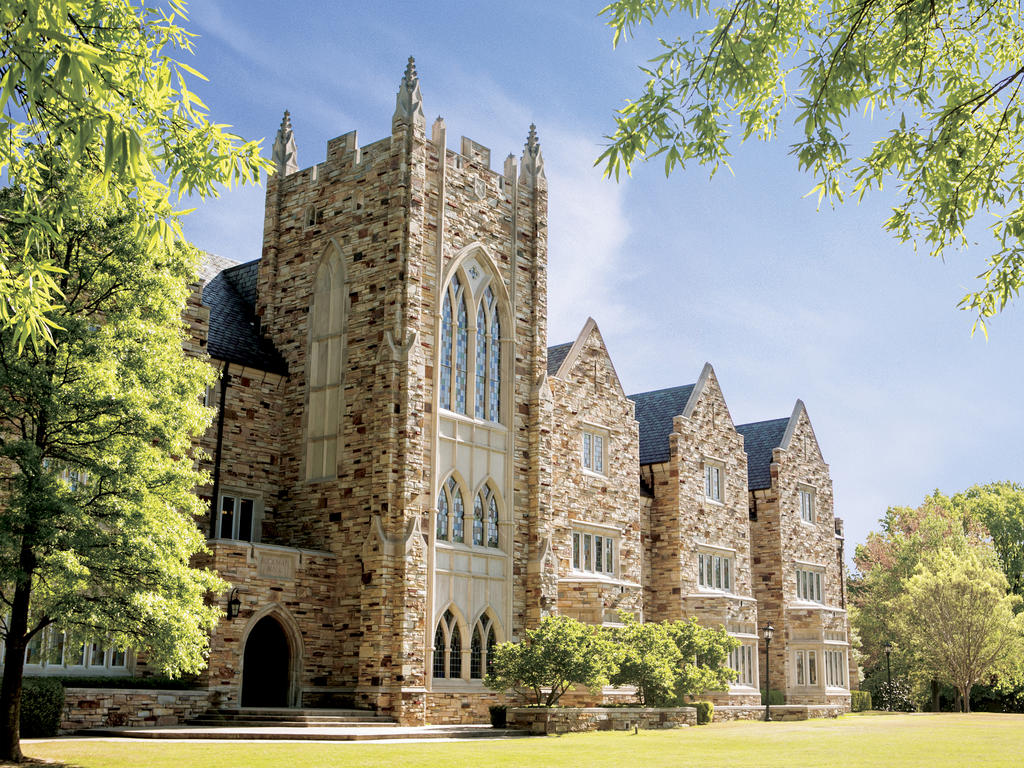Using classroom training to serve the Memphis community, Rhodes’ business course Taxation for Working Poor accomplishes the college’s vision of students translating academic study and personal concern into effective leadership and action in their communities.
Offered every spring semester, this two-credit course gives students the opportunity to become IRS-certified tax preparers. As volunteers, the students file free electronic tax returns for working families at sites around the city. In the classroom, readings and discussions focus on relevant tax-related topics such as national and international tax legislation, federal aid programs, predatory preparation firms, misconceptions about the lives of the working poor, and how the working poor in particular are uniquely affected by the U.S. federal tax system. Although the course mainly attracts economics and business majors, students from all majors are welcome to take the course.
The program operates through a partnership with SaveFirst, an initiative run by the Tennessee branch of Impact America, which provides a wide range of services designed to address poverty as well as other social and economic injustices. For students, volunteering with SaveFirst helps break down misconceptions about poverty and government benefits, illustrated by the fact that many SaveFirst customers are hardworking individuals who have to squeeze their appointments in between multiple jobs.
Since starting the course in 2015, Rhodes has certified more than 275 student volunteers, who have helped Memphis taxpayers save approximately $10,186,000 in combined refunds and tax preparation fees. Some of the sites where they offer this service are Binghampton Development Corporation, Orange Mound Community Center, and Church Health.
Anna Grace Mills ’21, from Little Rock, AR, initially took the course in 2019 to fulfill the F11 Foundations Curriculum requirement, which asks students to become engaged citizens by participating in activities in the local community. After a meaningful experience, she returned as an advanced certified volunteer in 2020.
“I’m grateful that this class gave me the opportunity to use my interest in economics and my technical skills to make a tangible impact in the Memphis community,” says Mills “I learned to prepare my own tax returns, while helping hardworking families qualify for benefits such as the Earned Income Tax Credit. It’s rewarding to see more people taking advantage of this service every year and to know that members of our community are getting efficient and quality services, as opposed to predatory tax sites that can make mistakes and charge expensive fees for inefficient services.”
An economics major, Mills has secured a position as an investment banking analyst after she graduates. Other students who have taken the Taxation for Working Poor course have developed skills that prepared them for jobs in the tax field and in nonprofit organizations, as well as related fields such as professional accounting and investment banking.
By Grace Merriman ’21
